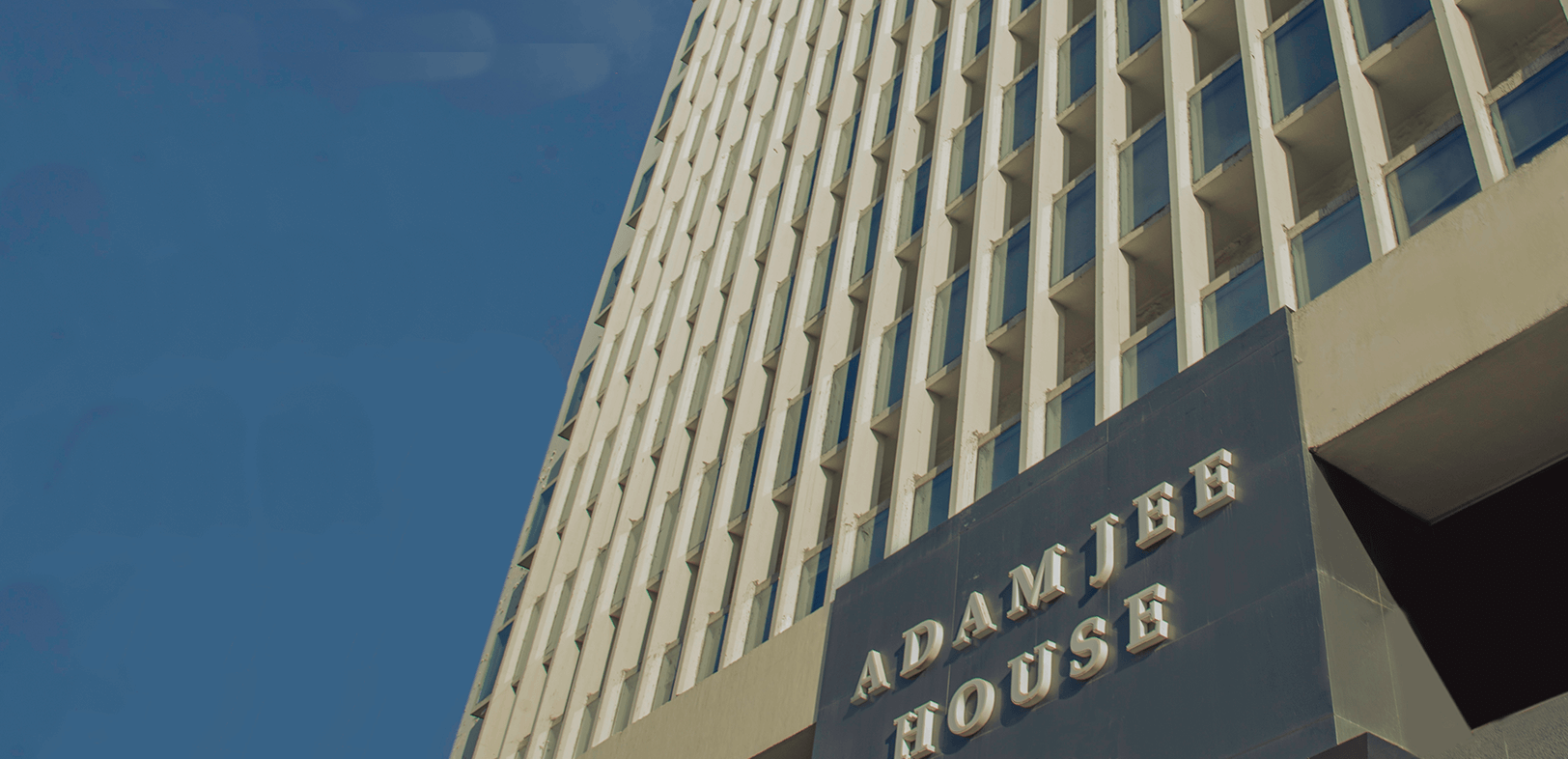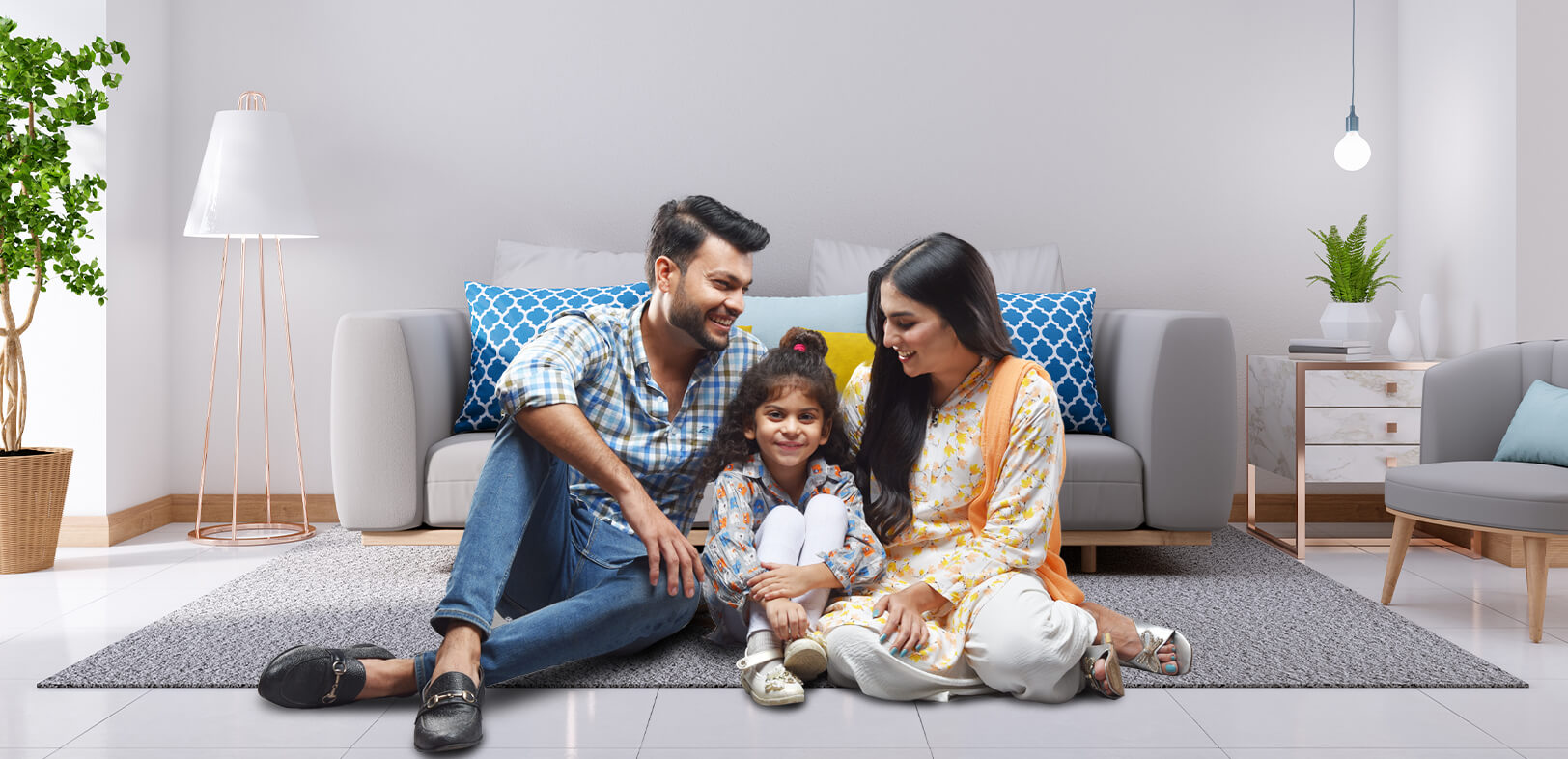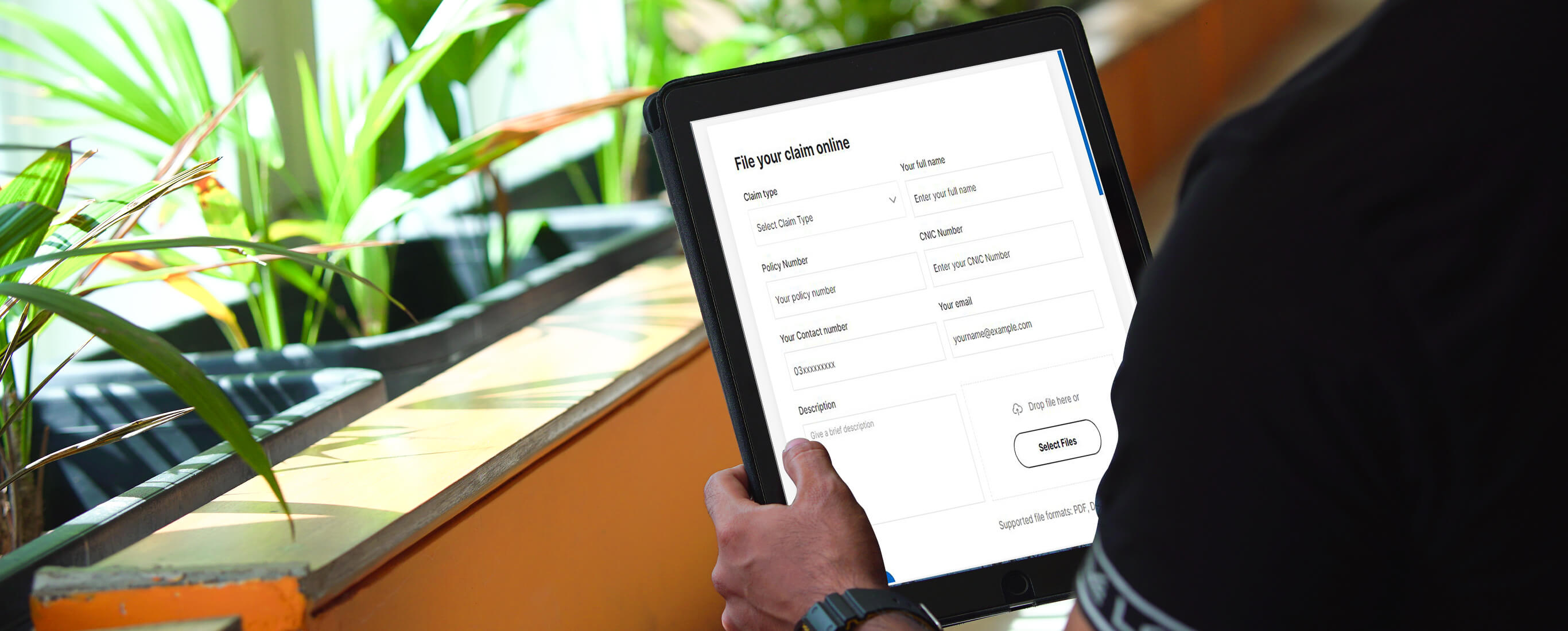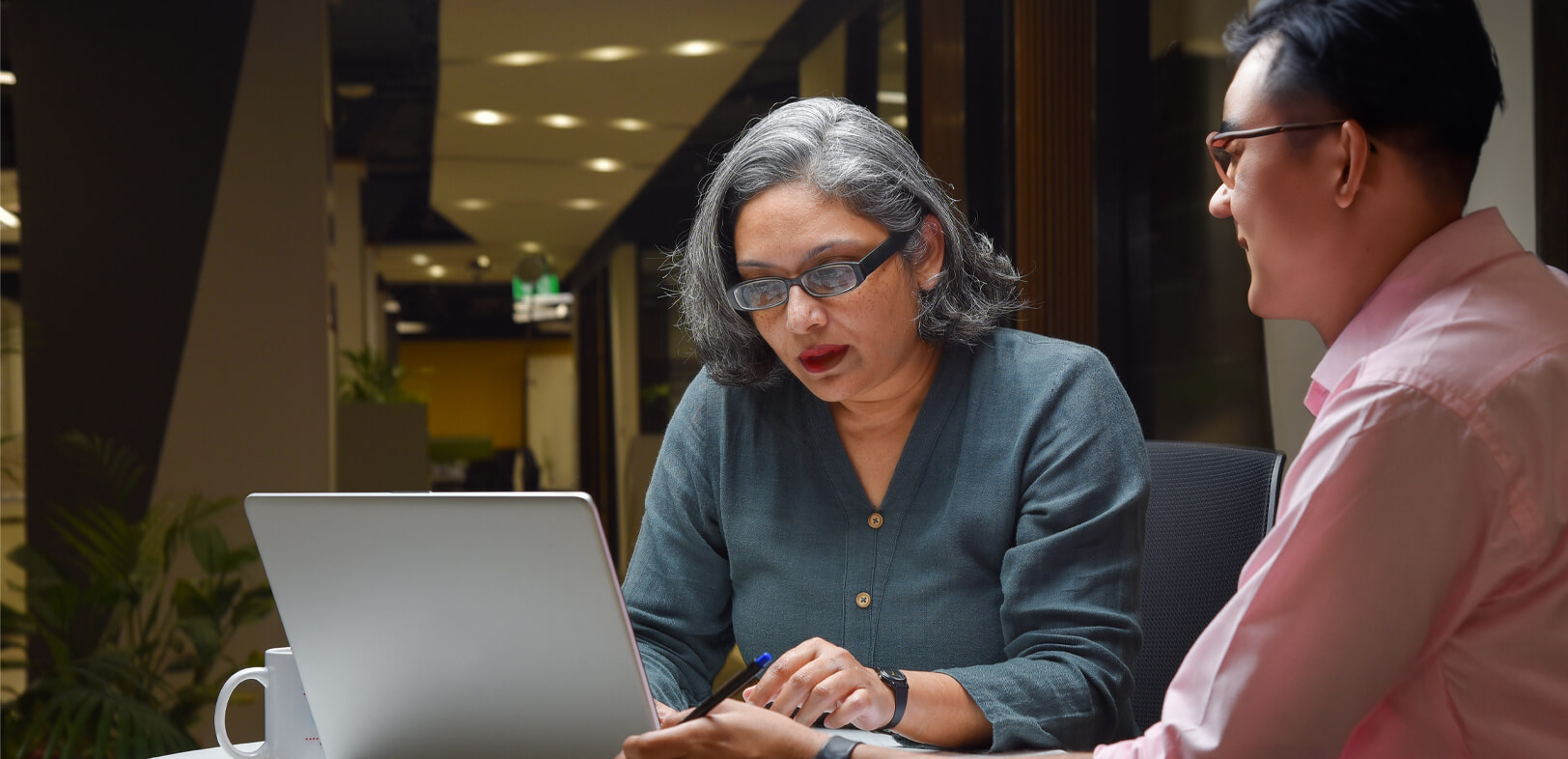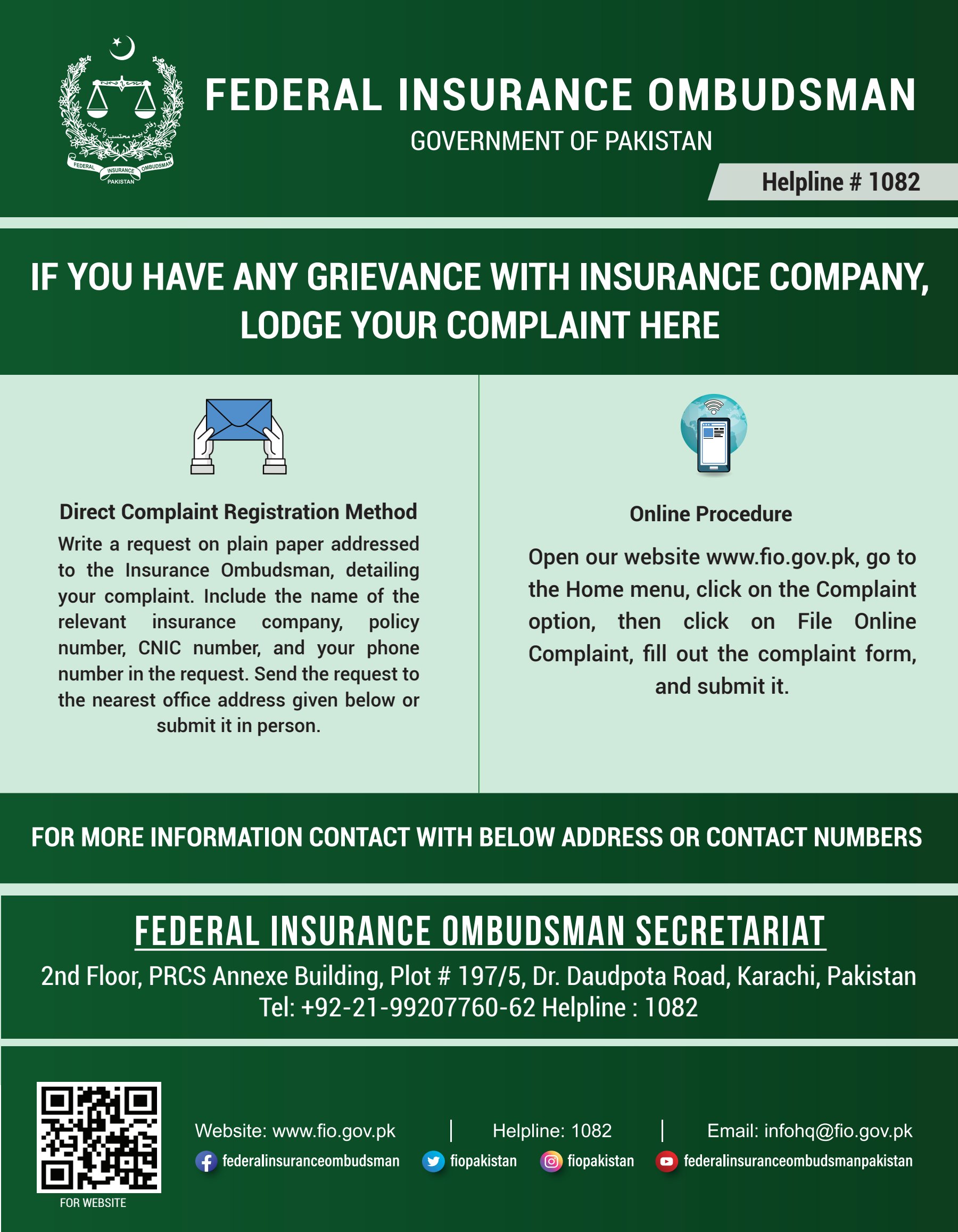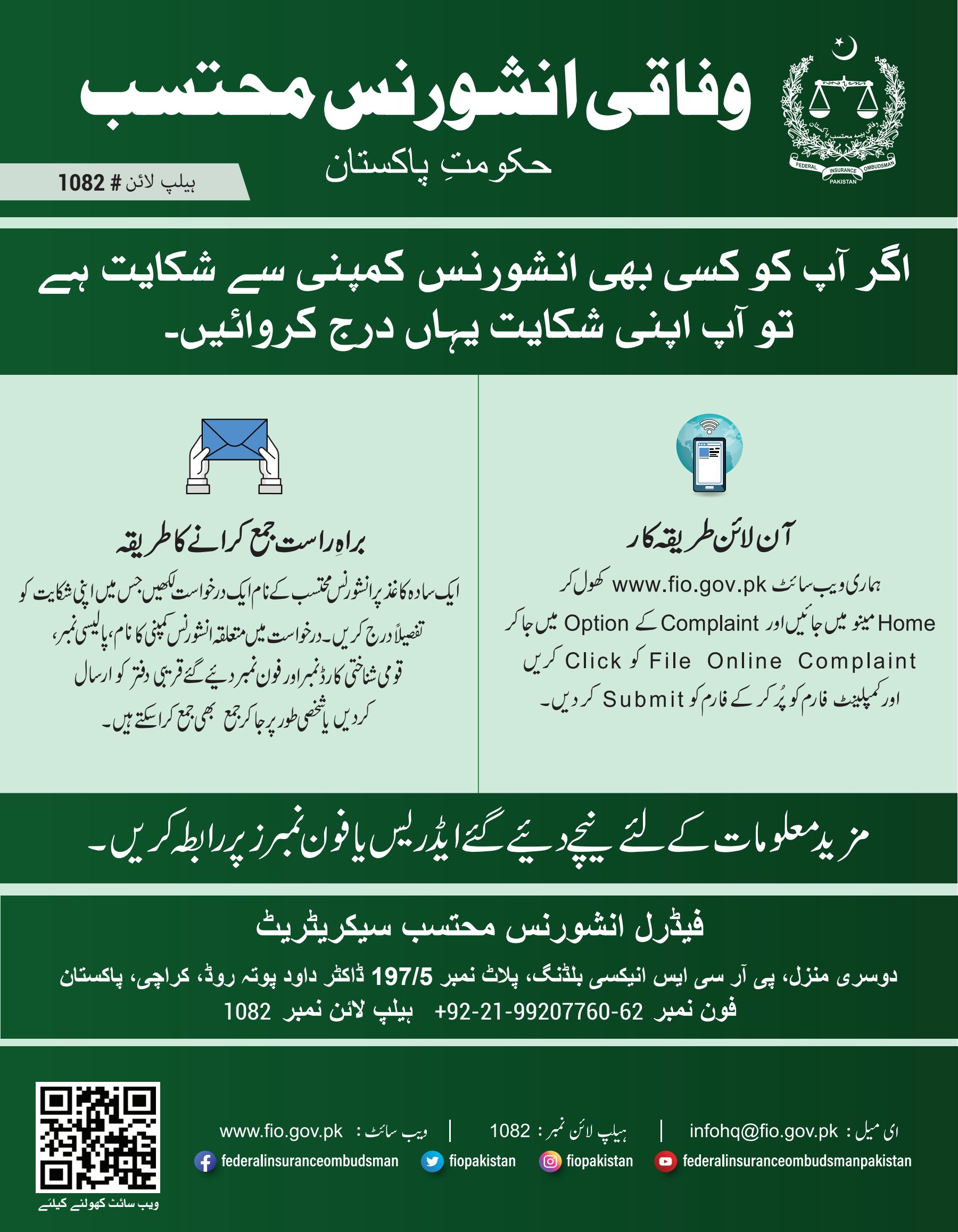Mental Well-being
Strategies for Reducing Stress and Anxiety
In today's fast-paced world, stress and anxiety have become prevalent challenges for people of all ages and backgrounds. The demands of daily life, coupled with personal and societal pressures, can take a toll on our mental well-being. Fortunately, there are effective strategies and techniques that individuals can employ to manage and reduce stress and anxiety, ultimately leading to a healthier and more balanced life.
1. Mindfulness Meditation:
Mindfulness meditation is a practice that involves paying deliberate attention to the present moment without judgment. It encourages individuals to observe their thoughts, feelings, and sensations with acceptance. By doing so, it promotes a sense of calm and emotional regulation. Regular mindfulness meditation can reduce the body's physiological response to stress, such as increased heart rate and shallow breathing. It helps individuals become more attuned to their emotions and enables them to respond to stressors with greater resilience.
2. Deep Breathing Exercises:
Deep breathing exercises are simple yet highly effective tools for managing stress and anxiety. When we're stressed, our breath becomes shallow and rapid, exacerbating feelings of tension and unease. Deep breathing involves taking slow, deliberate breaths to activate the body's relaxation response. Practice deep breathing by inhaling slowly through your nose, allowing your abdomen to rise as your lungs fill with air. Exhale slowly through your mouth, releasing tension with each breath. Repeat this process several times until you feel a sense of calm and relaxation.
3. Regular Exercise:
Physical activity is a natural stress reliever. When you engage in exercise, your body releases endorphins, which are neurotransmitters known as "feel-good" hormones. These endorphins create a sense of euphoria and reduce feelings of stress and anxiety. Incorporate regular exercise into your routine, aiming for at least 30 minutes of moderate-intensity activity most days of the week. Whether it's jogging, swimming, yoga, or dancing, find an activity you enjoy to make exercise a sustainable part of your life.
4. Healthy Lifestyle Choices:
Your diet and lifestyle significantly impact your mental well-being. Excessive caffeine and alcohol consumption can worsen anxiety symptoms. It's advisable to limit these substances and focus on a balanced diet rich in whole foods, including fruits, vegetables, whole grains, and lean proteins. Prioritize sleep as well. Sleep deprivation can contribute to heightened stress and anxiety levels. Establish a regular sleep schedule and create a comfortable sleep environment to ensure restful nights.
5. Seeking Support:
There is no shame in seeking support when dealing with stress and anxiety. Talking to a trusted friend, family member, or mental health professional can provide a valuable outlet for expressing your thoughts and feelings. It can also offer perspective and emotional relief. Support groups, whether in person or online, can connect you with individuals experiencing similar challenges. Sharing experiences and coping strategies with others can be comforting and empowering.
6. Hobbies and Relaxation:
Engaging in hobbies and relaxation activities is a proactive way to manage stress and anxiety. Pursuing interests you're passionate about, whether it's painting, gardening, reading, or playing a musical instrument, can provide a much-needed respite from daily stressors. Setting aside time for relaxation techniques such as progressive muscle relaxation, guided imagery, or aromatherapy baths can promote a sense of calm and relaxation.
7. Time Management and Boundaries:
Effective time management can reduce stress by helping you prioritize tasks and avoid overwhelming yourself with excessive commitments. Learn to set realistic goals and establish boundaries to protect your time and energy.
It's crucial to recognize your limits and say "no" when necessary. Overextending yourself can lead to burnout and heightened stress levels.
In conclusion, managing stress and anxiety is a crucial aspect of maintaining mental well-being. These strategies offer practical and effective ways to reduce stress and anxiety in your life. Incorporating them into your daily routine can lead to improved emotional resilience, greater mental clarity, and a happier, more balanced life. Remember that seeking professional help is always an option if your stress and anxiety become overwhelming or persistent.

021-111-115-433

Eng
Login


